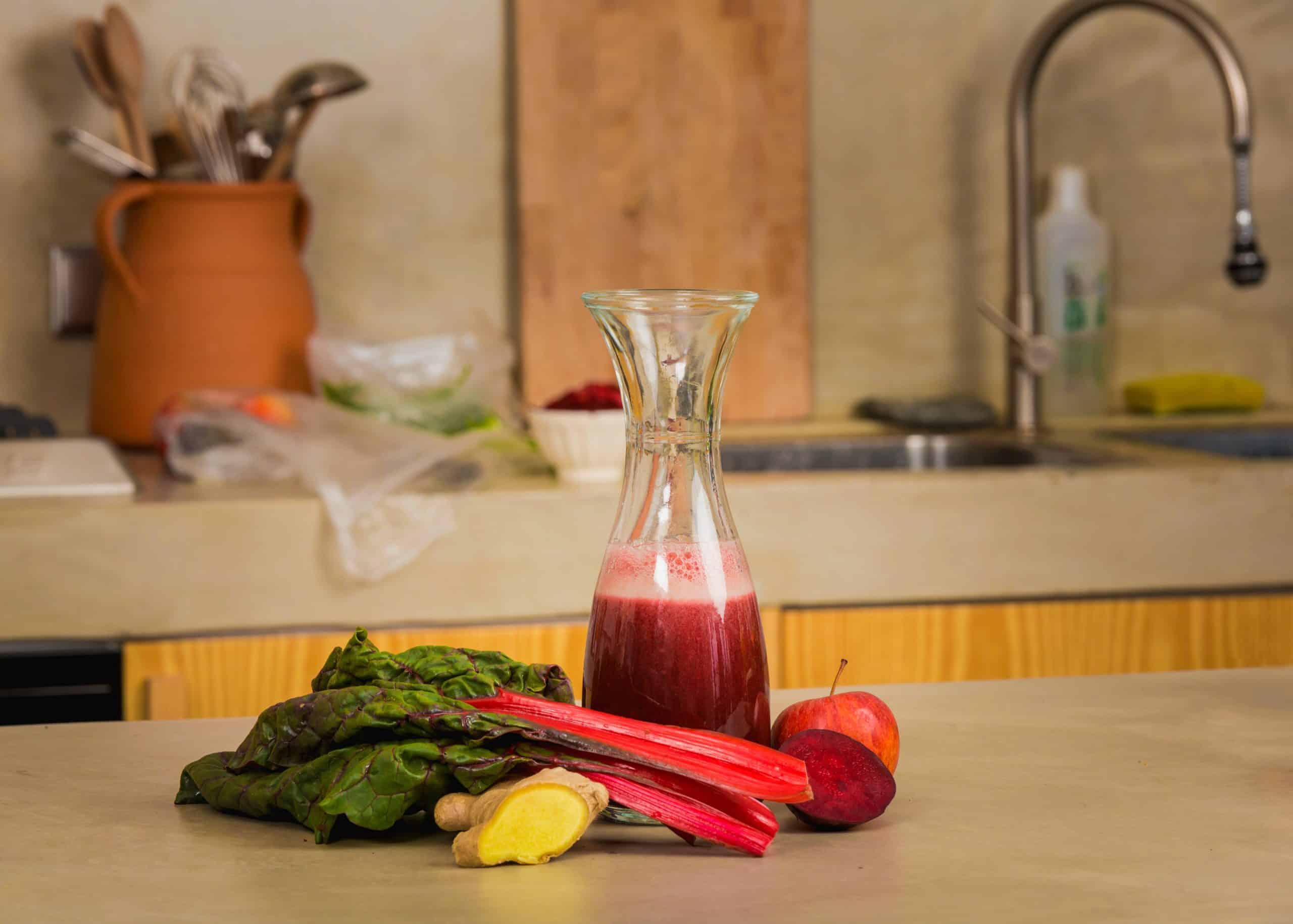What Are the Best Foods to Support Gut Health in Individuals with IBS?

The relationship between diet and irritable bowel syndrome (IBS) is intricate and individualized. What works for one person may not work for another. However, there are certain foods known to support gut health in people living with IBS. This article will guide you through the best foods to incorporate into your diet, the role of fiber in IBS, and the effectiveness of a Low-FODMAP and lactose-free diet in managing IBS symptoms.
Incorporating Foods for Better Gut Health
If you’re struggling with IBS, it’s vital to understand how your dietary choices can impact your gut health. Certain foods can help balance your gut bacteria, reduce inflammation, and ease digestive symptoms. Here, we will explore these beneficial foods and how they contribute to better gut health in individuals with IBS.
Lire également : What Are the Best Plant-Based Sources of Omega-3 for Vegetarians?
Firstly, probiotic-rich foods are essential for a healthy gut. These include fermented products like yogurt, sauerkraut, and kimchi. Probiotics are live bacteria that benefit your digestive system by balancing your gut microbiome, the community of microbes living in your intestines.
Secondly, lean proteins such as poultry, fish, and tofu are easily digestible and less likely to cause IBS symptoms. They are also crucial for repairing body tissues and maintaining a healthy immune system.
Cela peut vous intéresser : Does the Introduction of Aquascaping as a Hobby Improve Mental Health and Creativity?
Additionally, certain fruits and vegetables can support gut health. However, you must be cautious as some raw vegetables and fruits can exacerbate symptoms of IBS due to their high fiber content. Cooked vegetables and certain fruits like bananas and blueberries are generally well tolerated.
Lastly, whole grains like brown rice, oatmeal, and quinoa provide essential nutrients and can help manage IBS symptoms. They offer a good source of fiber that aids in digestion and provides a feeling of fullness, reducing the risk of overeating and weight gain.
The Role of Fiber in IBS
Fiber plays a crucial role in the diet of individuals living with IBS. While it can be a source of discomfort for some, the right type and amount can significantly ease IBS symptoms. In this section, we will delve into the types of fiber, their impact on gut health, and the best way to incorporate them into your diet.
There are two types of fiber: soluble and insoluble. Soluble fiber dissolves in water and forms a gel-like substance, slowing digestion and helping to manage diarrhea symptoms. Foods rich in soluble fiber include oats, psyllium, and certain fruits like bananas and apples.
Insoluble fiber, on the other hand, adds bulk to the stool and can help with constipation. This type of fiber is found in whole grains, nuts and seeds, and some vegetables. However, insoluble fiber can also trigger IBS symptoms in some people, so it’s crucial to incorporate it slowly and in moderation.
The Low-FODMAP Diet for IBS
FODMAP refers to Fermentable Oligosaccharides, Disaccharides, Monosaccharides, and Polyols, types of carbohydrates found in certain foods. A low-FODMAP diet has been found to be effective in managing IBS symptoms as it limits foods that can trigger these symptoms. In this section, we will explore what this diet entails and how it can improve gut health.
The low-FODMAP diet involves limiting high-FODMAP foods – which include certain fruits like apples and pears, wheat products, and legumes – and opting for low-FODMAP alternatives instead. Examples of low-FODMAP foods include bananas, gluten-free grains like rice and quinoa, and lactose-free dairy products.
Research has shown that a low-FODMAP diet can provide significant relief from IBS symptoms for some people. However, as it’s a restrictive diet, it’s essential to follow it under the supervision of a healthcare professional to ensure you’re getting all the necessary nutrients.
Exploring a Lactose-Free Diet for IBS
Many individuals with IBS also suffer from lactose intolerance, a condition where the body cannot effectively digest lactose, the sugar found in milk and dairy products. A lactose-free diet can thus be a beneficial strategy for managing IBS symptoms.
A lactose-free diet involves avoiding all foods and drinks containing lactose. This not only includes obvious sources like milk, cheese, and yogurt, but also foods that may have hidden lactose, such as bread, cereal, and salad dressings. Instead, opt for lactose-free alternatives available in most supermarkets, such as lactose-free milk or dairy-free alternatives like almond or soy milk.
Just like with the low-FODMAP diet, a lactose-free diet should not be started without the advice of a healthcare professional. It’s important to ensure you’re still receiving the essential nutrients found in dairy products, such as calcium and vitamin D, from other sources or supplements.
Remember, while diet plays a significant role in managing IBS symptoms, it’s equally important to maintain a balanced lifestyle with regular exercise and stress management techniques. Every person is unique, and what works for one may not work for another. Therefore, it’s crucial to work closely with a healthcare professional to find a dietary plan that suits you best.
The Benefits of Gluten-Free Diet
A gluten-free diet is often considered beneficial for people with IBS. Gluten is a protein found in wheat, barley, and rye, and it can exacerbate IBS symptoms, especially in people with a gluten sensitivity or celiac disease. Let’s delve deeper into the advantages of a gluten-free diet and the foods to focus on.
Gluten-free foods, such as fruits, vegetables, meat, poultry, fish, eggs, and dairy, are naturally free from gluten and pose no risk for IBS symptoms. Grains like rice, quinoa, and oats are also gluten-free, although you should ensure they haven’t been processed in a facility that also processes wheat products to avoid cross-contamination.
A gluten-free diet can reduce inflammation in the digestive tract, improve nutrient absorption, and help manage IBS symptoms like abdominal pain, bloating, and bowel irregularity. However, it’s important to approach a gluten-free diet with caution. Gluten-free processed foods often contain additives and are low in fiber, so always opt for whole foods when possible.
As with any dietary change, it’s essential to consult with a healthcare professional before starting a gluten-free diet. They can provide guidance and monitor your nutritional intake to ensure your diet is balanced and nourishing.
Coping with IBS: Lifestyle and Dietary Changes
While dietary changes play a significant role in managing IBS symptoms, it’s equally important to maintain a healthy lifestyle. Regular physical activity, adequate hydration, and stress management techniques can complement a balanced diet and contribute to overall gut health. Let’s discuss these aspects in more detail.
Regular exercise can help regulate your bowel movements and decrease stress levels, both of which are beneficial for managing IBS symptoms. Aim for at least 30 minutes of moderate activity most days of the week. This can be as simple as taking a brisk walk or cycling.
Adequate hydration is essential, especially if you’re increasing your fiber intake. Water helps prevent constipation by softening stools and making them easier to pass. Aim for at least eight glasses of water a day, but remember that needs can vary based on your activity level and overall health.
Stress management techniques like yoga, meditation, and deep breathing exercises can help reduce stress levels and alleviate IBS symptoms. Stress can trigger or worsen IBS symptoms, so finding ways to manage it is crucial.
In conclusion, managing IBS involves a comprehensive approach that includes dietary changes and lifestyle modifications. While foods like probiotic-rich items, lean proteins, certain fruits, vegetables, whole grains, a low-FODMAP, lactose-free, and gluten-free diet can support gut health and ease IBS symptoms, regular exercise, adequate hydration, and stress management techniques are equally important. Always consult with a healthcare professional before making any dietary changes or starting any new exercise regimen. Remember, every individual is unique and what works for one may not work for another. Therefore, finding a plan that suits you best is key to managing IBS effectively.
